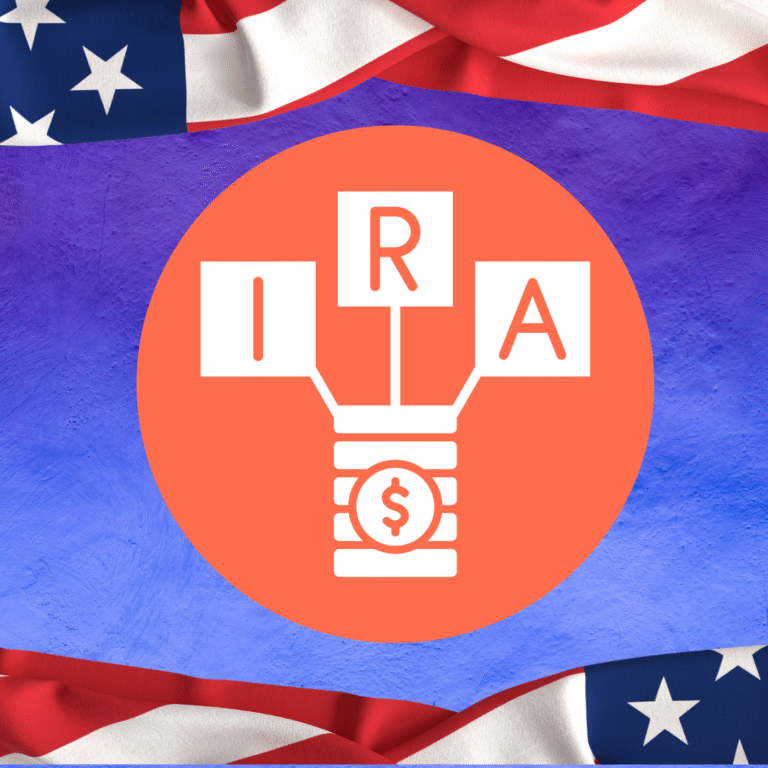

As a US citizen living outside the US, one has to take US and local tax and reporting consequences into account when planning your investment strategy, and what type of investment vehicles to focus on. Here are five key points about expat investing that you may want to be aware of.
Before we begin, please bear in mind that Uncle Sam insists that US citizens file a US tax return, irrespective of domicile. And even if you live in a tax haven such as Israel, you will still pay the higher of the local or the US tax rates on passive investments. While this blog provides general guidance, nothing may be interpreted as advice specific to any one individual. For tax or financial advice, consult an advisor.
5 expat investing tips
#1
We believe it most prudent to keep your liquid investments in a US brokerage account. It keeps things simple and recordkeeping costs down.
#2
You may own individual stocks and bonds in a non-US account. However, owning non-US mutual funds, exchange-traded funds (ETFs) and/or other non-US pooled investment vehicles, while also permitted, will entail payment of higher US taxes under PFIC accounting.
#3
If you do elect to hold a non-US (overseas) brokerage account, this may increase the costs of your tax reporting in the US as well (especially if you invest in non-US funds, because your CPA will have to file additional tax forms for you and these cost money). When investing as an expat, it is always best to keep matters as simple as possible.
#4
Many of the concepts associated with expat investing have an intersection with taxation. For example, if you have US earned income then you may continue to contribute to a US Individual Retirement Account (IRA) or 401k plan. Please note the local tax rules regarding your US retirement accounts and consult with local CPAs about this.
As you consider this, it is useful to ask yourself (and possibly your CPA) the following questions.
Are contributions to your US 401k and IRA plans also recognized as pre-tax contributions locally?
For example, someone who is a new immigrant in Israel, or an Israeli citizen who has returned to live in Israel after ten years or more in the US, has a ten-year Israel tax exemption on non-Israeli income. During this period retirement contributions are pre-tax in the US, and not taxed in Israel.
However, for people who have now lived in Israel for more than ten years, where Israeli becomes the primary tax domicile, Israel will not recognize US retirement contributions on a pre-tax basis.
Are Roth IRA distributions taxable in your country of residence even if they are tax free in the US?
#5
For your US held taxable brokerage accounts – please take into account any local tax rules – as well as the nature of the taxation treaties between the US and the country of your residence, that are designed to avoid dual taxation.
While you may not be double taxed, you may end up paying a higher residual tax if you do not plan prudently. Before undertaking any action in expat investing, it is strongly advised to consult with a tax or financial professional.
For example, if you are a US citizen who has lived in the UK for over seven years, you will be taxed as a UK local. You may own individual stocks and bonds and some ETFs in your US brokerage account, without any UK tax consequences. However, owners of US mutual funds, ETFs and other non-UK pooled investment vehicles which have not been approved by Her Majesty’s Revenues and Customs, will pay a higher local UK tax on such investments.
In other words, it may be better to own direct stocks and bonds and specific approved exchange traded funds. Again, nothing may be interpreted as specific advice applicable to any one person. Please contact an expat financial advisor for further details.
Conclusion
We hope you have enjoyed our expat investing tips.
We are expat financial advisors located in Israel and the US, serving expats globally. If you are moving to Israel or another country and don’t know where to start when it comes to the financial side of things, please contact us.
If you would like to receive our updates, please sign up for the Nardis Advisors newsletter.
SUBSCRIBE to the Nardis Advisors YouTube channel or ongoing updates related to the markets, economy, and finance for expats.
CONTACT US to schedule a time to speak with Nardis Advisors regarding your portfolio and personal financial plan.
Norman H. Chait, CFA, Managing Principal, Nardis Advisors LLC,
November 24th, 2021
Disclaimer: Nardis Advisors LLC (“Nardis”) is a Registered Investment Advisory Firm regulated by the U.S Securities and Exchange Commission in accordance and compliance with applicable securities laws and regulations. Nardis does not render or offer to render personalized investment advice through this medium. The information provided herein is for informational purposes only and does not constitute financial, investment or legal advice. Investment advice can only be rendered after delivery of the Firm’s disclosure statement (Form ADV Part 2) and execution of an investment advisory agreement between the client and Nardis.






